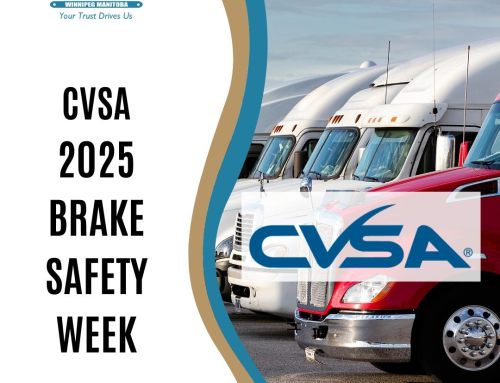 It’s never dull in the trucking industry. Here’s what caught our eye in trucking over the past couple of weeks.
It’s never dull in the trucking industry. Here’s what caught our eye in trucking over the past couple of weeks.
Arizona wants commercialized rest areas, calls prohibition ‘archaic and nonsensical’ – Per federal law, states are not allowed to permit commercial activities at rest areas. A few exceptions include items designed to promote tourism, travel-related information, lottery machines, and commercial ads that cannot be seen from the highway. Gov Ducey is asking the DOT to give Arizona a “special experimental project” status to establish a pilot program to demonstrate the “technology and innovation benefits of operating rest areas through a partnership with the private sector.”
Massachusetts bill would expand the use of tolls – His bill would require the Massachusetts Department of Transportation to study, develop and begin collecting tolls on more roadway. The legislation identifies sections of Interstates 93 and 95, and along Routes 1 and 2. Tolls would be collected by the end of 2018.
CVSA’s Brake Safety Day inspections bench 22 percent of vehicles – Roughly 14 percent of all commercial vehicles inspected during a targeted brake enforcement campaign in North America was ordered out of service for brake-related violations.
For Women in Trucking, Retaining Just as Crucial as Recruiting – Increasing the number of women in the trucking industry is as much a matter of recruiting new talent as it is a matter of retaining the employees that are already there.
ODOT says cars are at fault in 90% of fatal car-truck crashes – The Ohio Department of Transportation has launched a new campaign warning motorist that the biggest threat on the road isn’t big rigs, but their own driving habits.
DOT adds four prevalent opioids to driver drug screening panel – The U.S. Department of Transportation is amending its drug testing panel to add four commonly abused opioids to meet new Health and Human Services drug testing guidelines. A Final Rule was published in the Federal Register Monday, Nov. 13, and the new testing standards will go into effect on Jan. 1.




